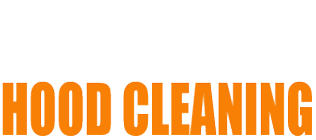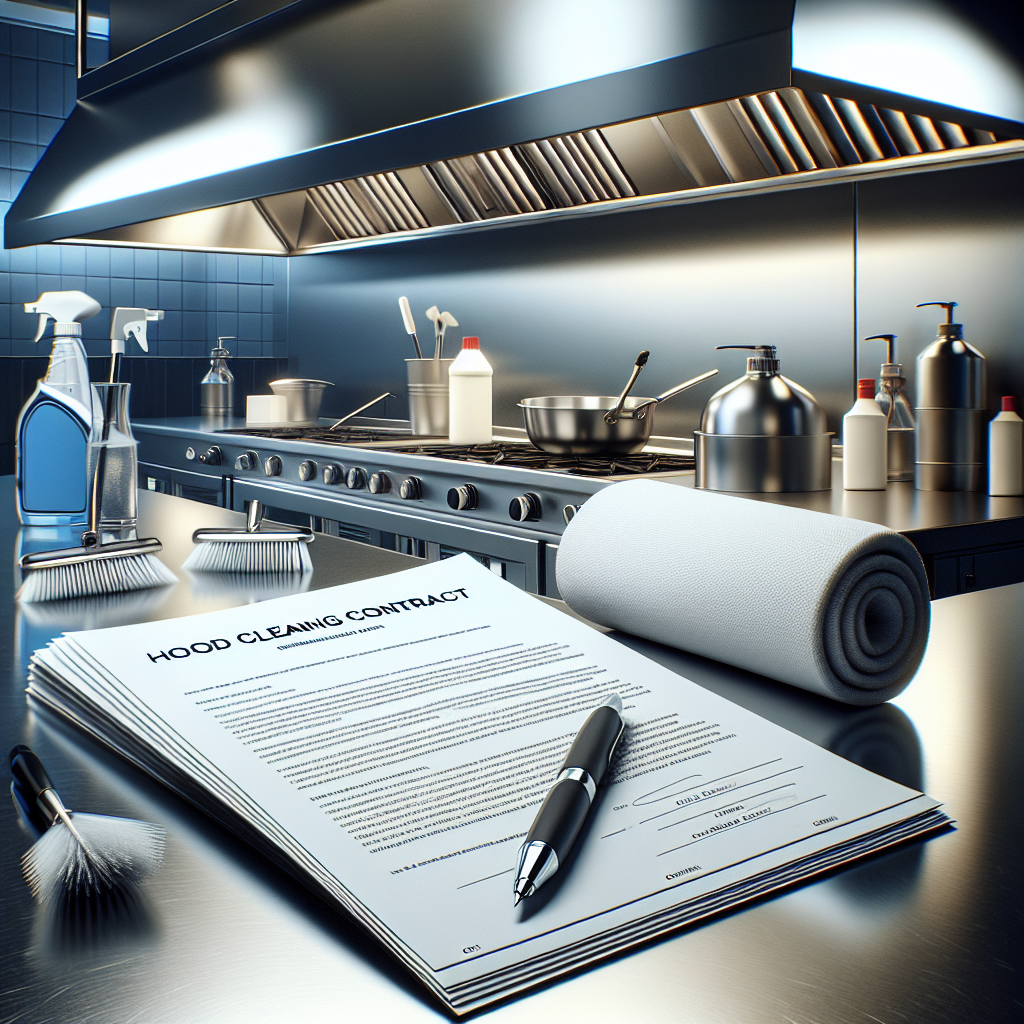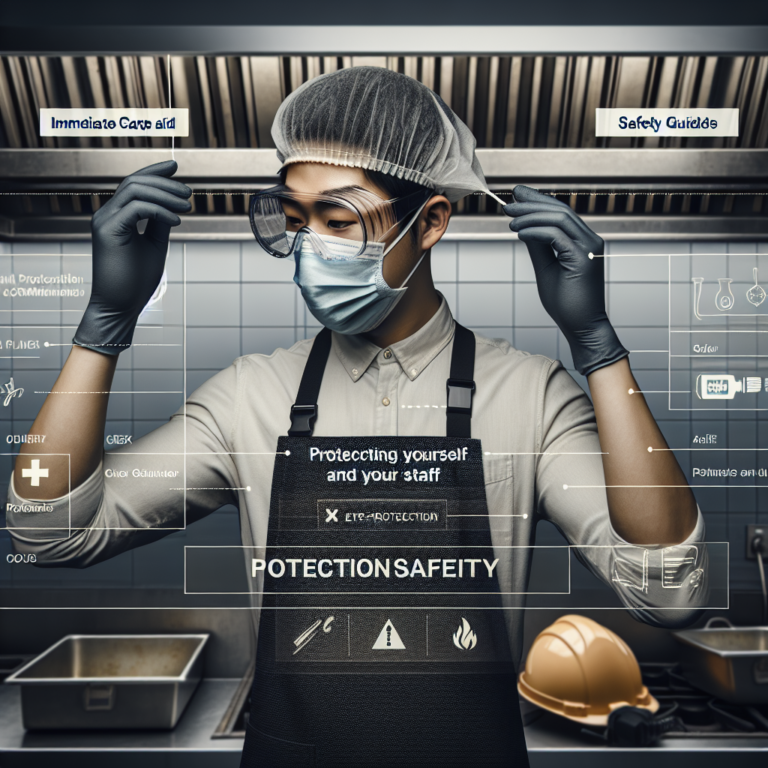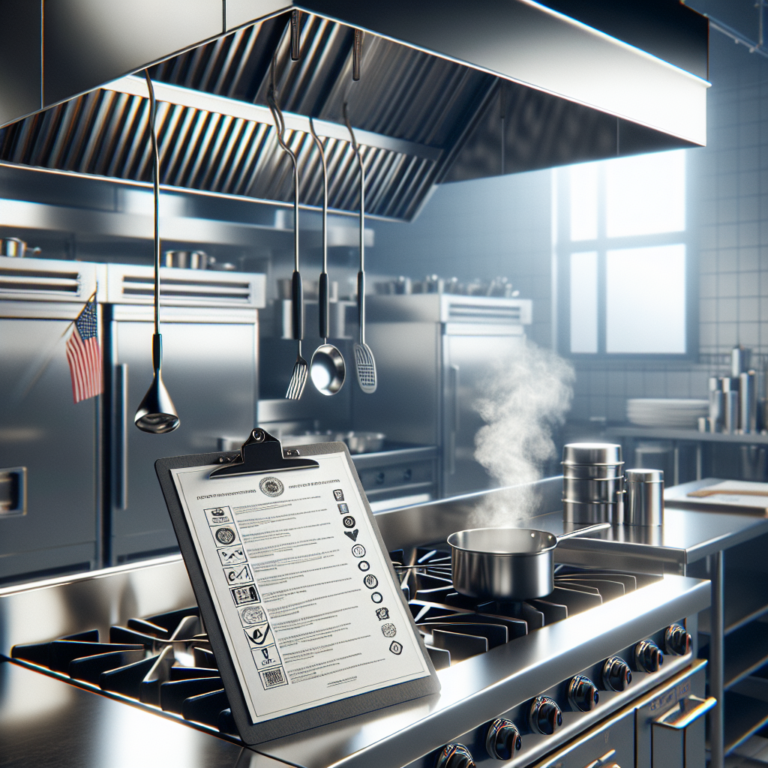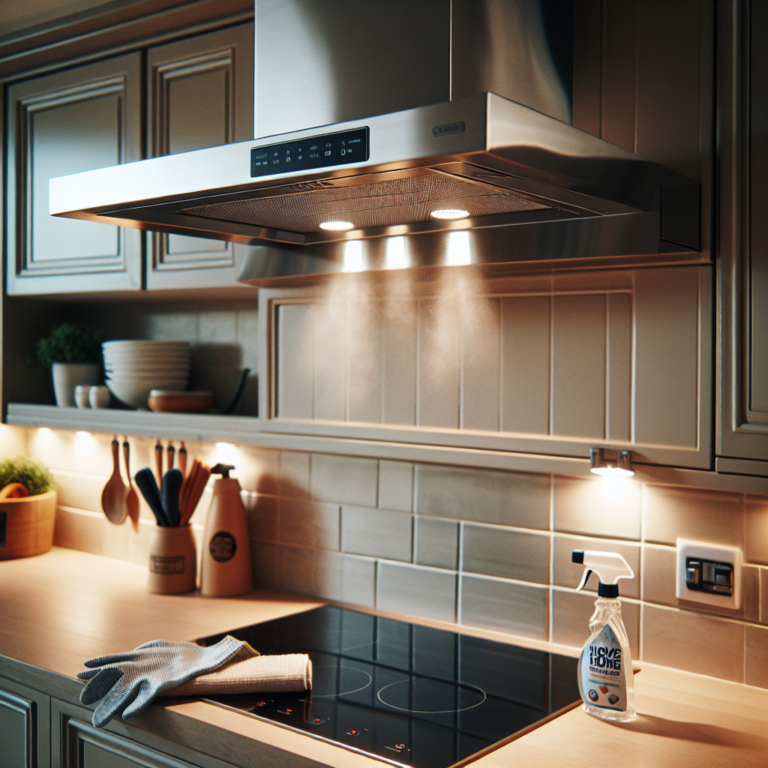Comprehensive Guide to Key Elements in Hood Cleaning Contracts
Key Elements of a Hood Cleaning Contract
A hood cleaning contract is crucial for ensuring safety and efficiency in a commercial kitchen. Regular cleaning of exhaust systems prevents fire hazards and maintains air quality. This guide explains key elements of a hood cleaning contract, offering insights for restaurant owners and kitchen managers, especially those in Atlanta.
Service Frequency
An essential part of any hood cleaning contract is the service frequency. The contract should specify how often the cleaning service will visit. Common schedules include monthly, quarterly, or semi-annual cleanings, depending on kitchen volume and type. High-volume kitchens, such as those in restaurants, require more frequent inspections and cleanings compared to lower-volume kitchens.
Scope of Work
The scope of work details what the cleaning includes. Ideally, it covers all parts of the hood and exhaust system. Make sure the contract outlines the cleaning of:
- Grease filters
- Ductwork
- Fans
- Hood canopy
A comprehensive contract helps avoid misunderstandings by clearly defining the responsibilities of the cleaning service.
Compliance with Regulations
Compliance with health and safety regulations is another critical element. Hood cleaning services must follow industry standards such as those set by the National Fire Protection Association (NFPA). The contract should affirm that the service adheres to these standards, ensuring that your commercial kitchen operations remain compliant.
Inspection Reports and Certification
After each cleaning, the service provider should supply a detailed report. This document should outline the tasks performed and highlight any issues found during cleaning. Additionally, a certification sticker is usually placed on the hood to prove compliance and that cleaning has occurred. This sticker serves as proof to health inspectors and other regulatory bodies.
Pricing and Payment Terms
Understanding pricing structure and payment terms is vital in a hood cleaning contract. The document should state the exact price for each cleaning session, including any additional fees for extra services. Clear payment terms ensure transparency and help avoid future disputes between parties.
Responsibility and Liability
The contract should define who is responsible for any damages during cleaning. A reputable service will have insurance to cover potential damages to your kitchen equipment. Make sure the contract specifies liability limits and mentions insurance details.
Cancellation and Termination Clauses
Circumstances might necessitate the cancellation or termination of the contract. Clear terms regarding notice periods and cancellation fees protect both parties. Understanding these clauses helps avoid unexpected charges.
Advantages of Proper Hood Cleaning
Regular hood cleaning offers numerous benefits:
- Fire Risk Reduction: Proper cleaning removes grease buildup, decreasing fire risk.
- Air Quality Improvement: Clean hoods ensure better ventilation, leading to improved air quality.
- Enhanced Equipment Efficiency: Regular maintenance increases the lifespan and efficiency of kitchen equipment.
Investing in a reliable hood cleaning contract ensures these benefits are consistently realized.
Selecting the Right Service Provider
Choosing the right service provider is crucial for optimal hood cleaning. Consider these factors:
- Experience: Providers with a proven track record in commercial kitchen hood cleaning are preferable.
- Reputation: Check reviews and ratings from past clients.
- Certifications: Ensure the provider follows industry standards and holds necessary certifications.
In Atlanta, several providers specialize in commercial kitchen hood cleaning. Research and choose a company that aligns with your needs and offers competitive pricing.
Conclusion
Understanding the components of a hood cleaning contract is essential for maintaining a safe kitchen environment. Pay close attention to service frequency, scope of work, compliance, inspection reports, pricing, and liability clauses. By focusing on these elements, you can ensure your commercial kitchen in Atlanta remains clean and safe. For more information on hood cleaning, connect with experts who offer specialized services.
